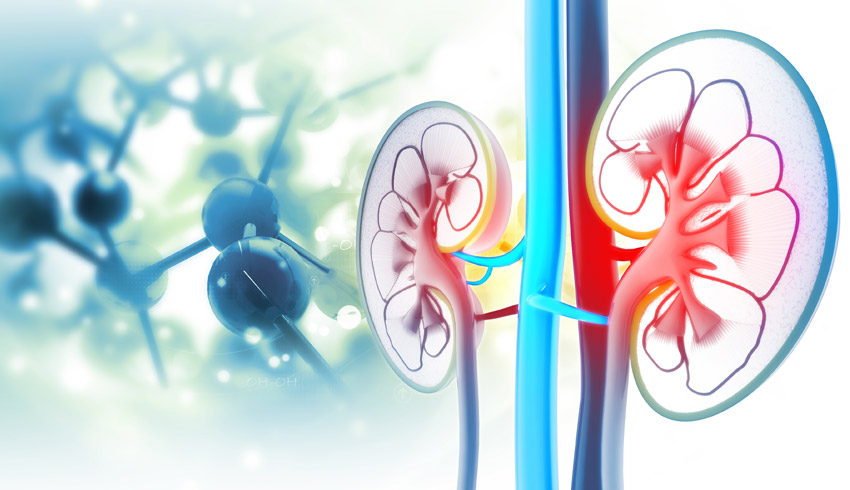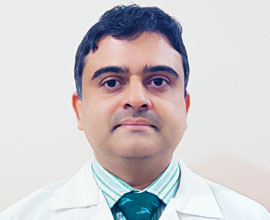Urology

Services offered
• Endourology
• Laparoscopy
• Prostate Surgery
• Urologic oncology
• Neuro-urology
• Pediatric- urology
• Andrology
• Reconstructive urology
• Female urology
Female urogenital disorder
• Paediatric urogenital disorder
• Renal Transplant Surgery
• Endo-Urology
• Uretero retinoscopy
Trans-urethral resection of the prostate
• Cystoscopy
• Bladder stones
• Uro-Oncology
• Radical Nephrectomy
• Partial Nephrectomy
• Radical Cysto-prostatectomy
• Radical prostatectomy
• Reconstructive Urology
• Pyeloplasty
• Ureteric re-implantation for primary VU reflux / obstructive megaureter
• Urethroplasty for stricture urethra
• Laparoscopy
• Laparoscopic Radical Nephrectomy
• Laparoscopic Pyeloplasty
• Laparoscopic Ureterolithotomy
Book Appointment Now to know more about Chellaram Hospital – Best Urology Hospital in Pune





